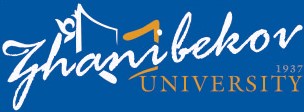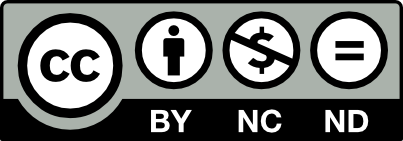Химияны оқытуда визуализацияға арналған виртуалды және кеңейтілген шындық
DOI:
https://doi.org/10.47751/skpu.1937.v40i2.3Кілт сөздер:
химияны үйрену, виртуалды 3D кеңістігі, AR/VR технологиясы, онлайн ойындар, 3D қайта құру, жасанды интеллект (AI)Аңдатпа
Метағалам оқу процесінің барлық қатысушылары үшін тартымды перспективалық оқу ортасы ретінде қарастырылады. Зерттеудің мақсаты химияны оқытуда визуализация үшін Метағалам контекстінде виртуалды және толықтырылған шындықты қолданудың тиімділігін зерттеу. Зерттеу әдістемесі инновациялық білім беру ортасын құратын AR/VR технологиялары арқылы нақты және виртуалды әлемдерді біріктіретін иммерсивті орта ретінде Метағалам тұжырымдамасына негізделген. Зерттеу барысында аналитикалық, эксперименттік, психодиагностикалық, статистикалық зерттеу әдістері қолданылды. Оған жаратылыстану факультетінде химия мамандығында оқитын 40 бакалавриаттың бірінші курс студенттері қатысты. Келесі әдістер қолданылды: оқу іс-әрекетін ынталандыру: деңгейлері мен түрлері (И. С. Домбровская әдістемесі), тұлғаның өзін-өзі актуализациялау диагностикасы (Н. Ф. Калин бейімдеудегі А. В. Лазукин әдістемесі), қызметті өзін-өзі ұйымдастырудың тест-сауалнамасы, сондай-ақ химия білімін тестілік бақылау. Метағалым мәселесі және оны химияны оқытуда білім беруде қолдану мүмкіндігі зерттеушілер үшін үлкен қызығушылық тудыратыны көрсетілген, бірақ бұл бағыттағы эмпирикалық зерттеулер ғылыми әдебиеттерде жеткіліксіз. Бұл кезеңде химияны оқыту үшін иммерсивті VR/AR технологиялары қолданылады, оларды Метағалым контекстінде оның қалыптасуының бастапқы кезеңі ретінде қарастыруға болады. Бұл, оқыту мен оқуды жетілдіру үшін осы технологиялардың маңыздылығын төмендетпейді. VR/AR технологияларының білім беру процесінің мотивациялық компонентіне, студенттердің коммуникативті және кәсіби құзыреттіліктерін қалыптастыруға және химияны дәстүрлі оқытуға қатысты артықшылығы расталды. Әрі қарайғы зерттеулер VR/AR технологияларының студенттердің мазасыздық деңгейіне әсерін зерттеуге, сондай-ақ Метағалам контекстінде VR/AR технологияларын қолдана отырып, химияны оқытуда студенттердің жетістіктерінің болжамды моделін жасауға бағытталады.








